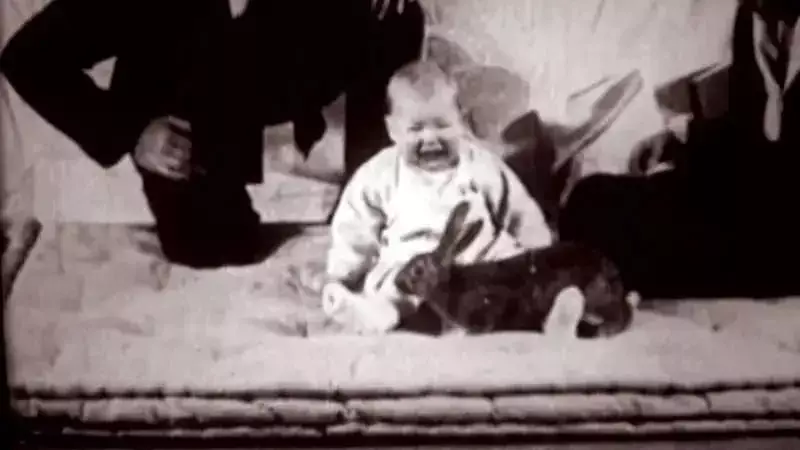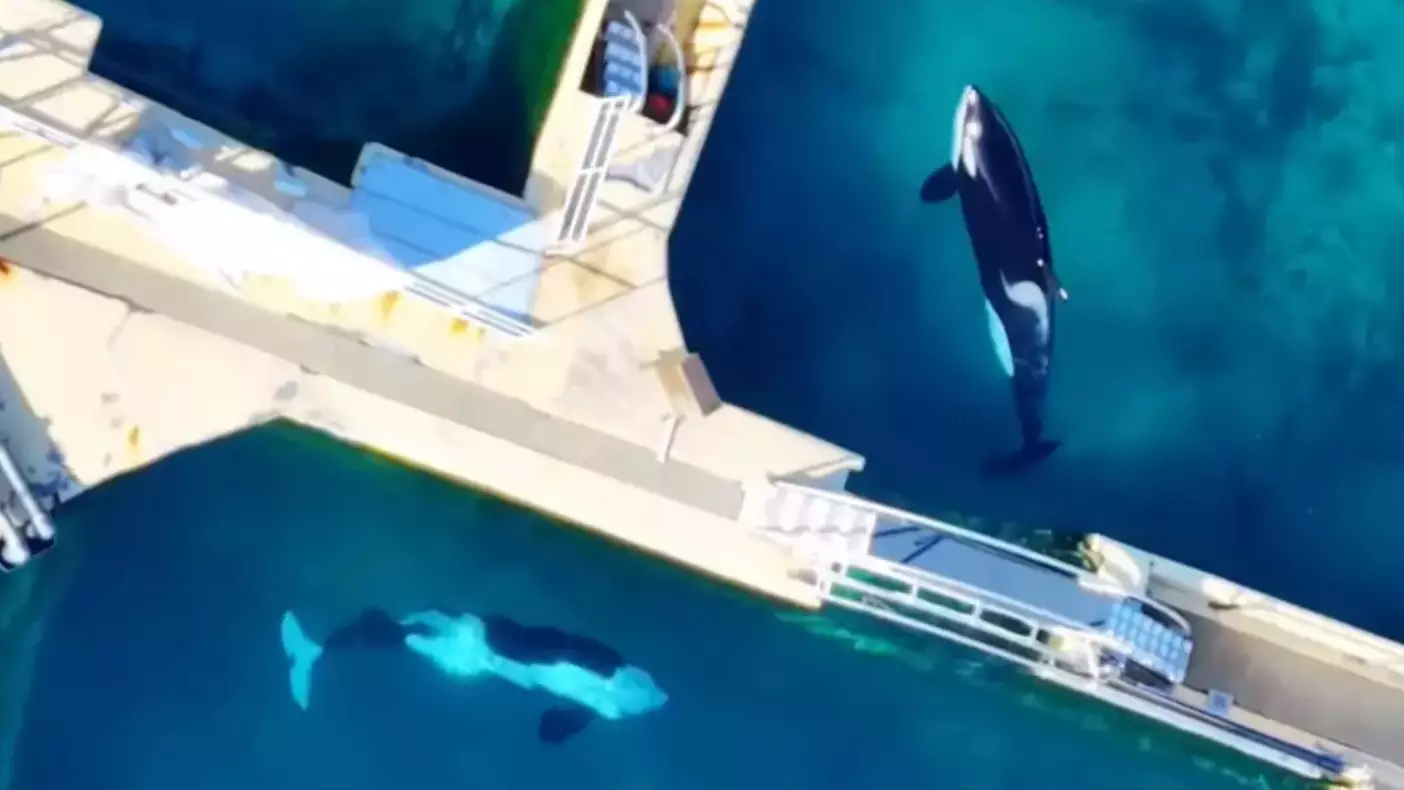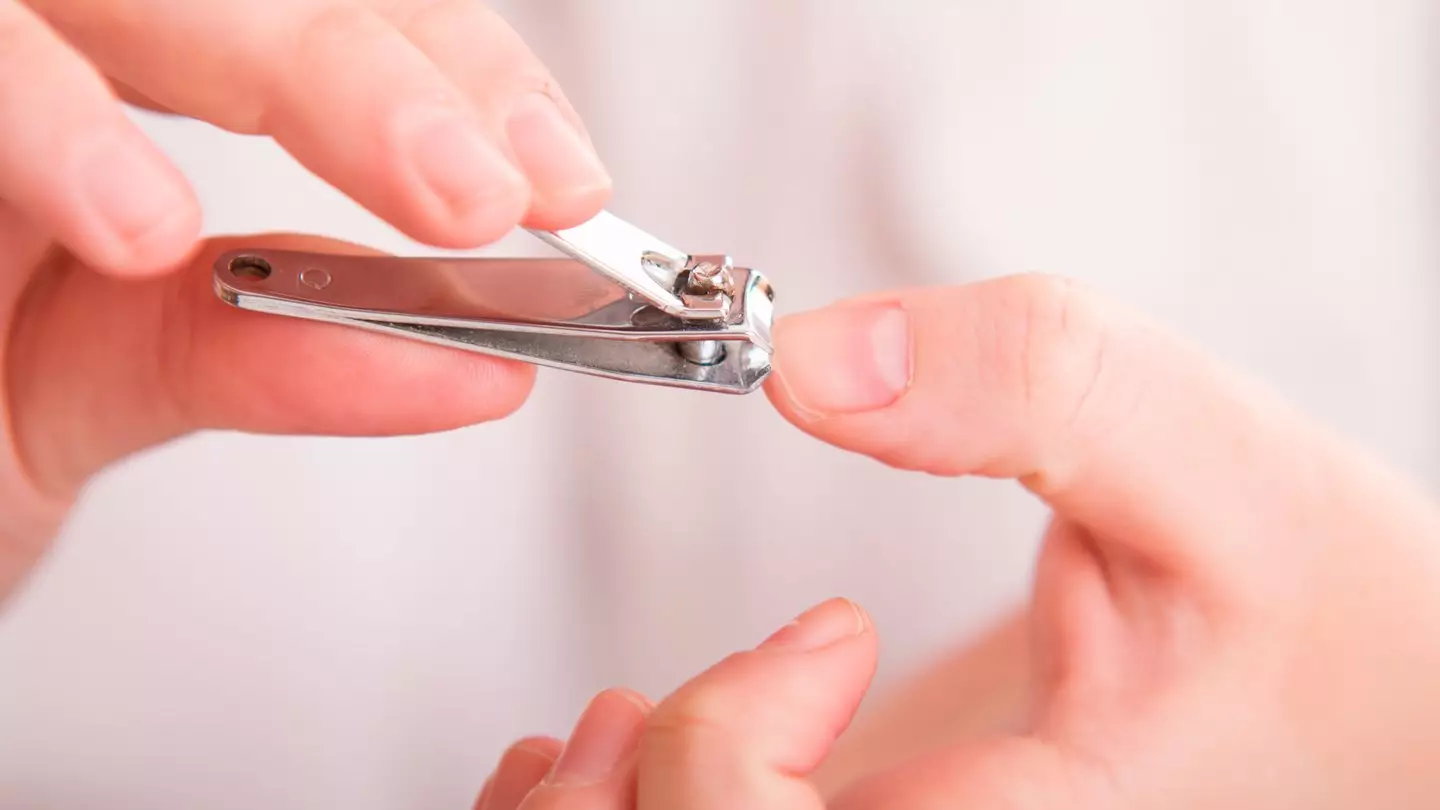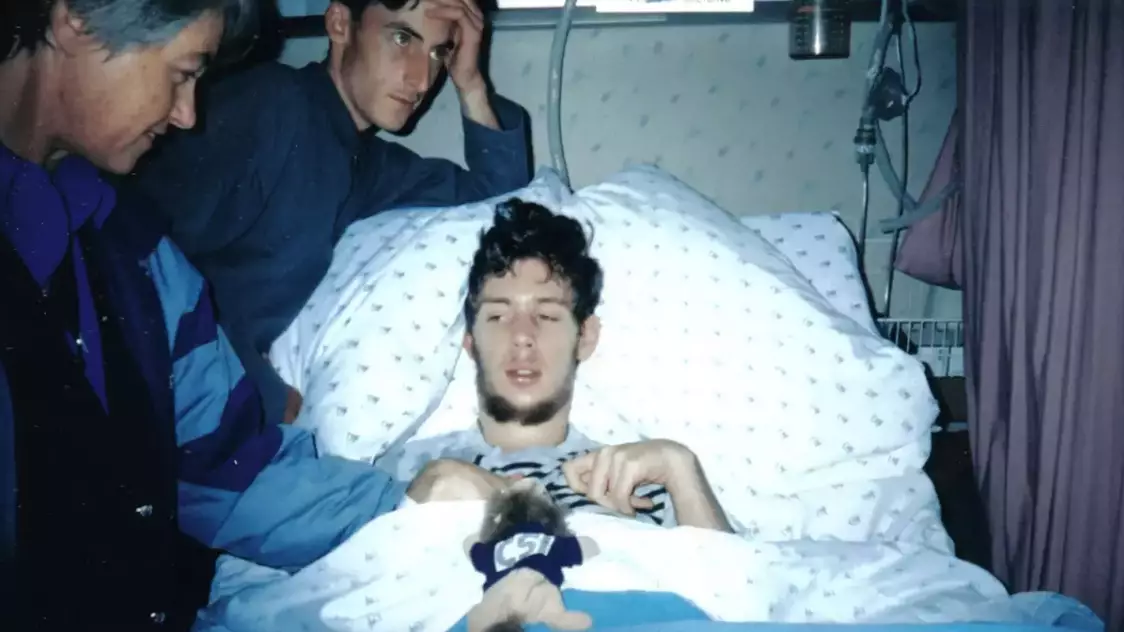


Campaigners fear their enclosure will 'collapse at any moment'

A 'dodgy' Fire Stick is a device in which people are streaming paid-for content via illegal third-party apps
.jpg)
Dr Evan Goldstein, who has the unusual title of 'the bottom whisperer', explained the common toilet error

Influencers Valeria and Camila claimed to be 'conjoined twins' from Miami

We’ve all heard the saying “careers don’t follow a straight line”, but usually they mean moving from one part of an industry to another.

An expert has weighed in on the influencers

His claims certainly aren't backed by science

Psychologist Jeffrey Bernstein has issued a communication warning for couples

ADHD diagnoses have seen a '20-fold increase' in the past two decades

Dr Ashwini Nadkarni claimed asking this question can 'bring people together in a way that dating for five years might not'

US President Kennedy was assassinated in Texas on 22 November, 1963

They are now planning to get married and have children

It's probably something you've never thought of

A basic cleaning service with Bare Naked Cleaners costs £125, with the option for extras

The purple character was once the evil villain

Professor Debby Herbenick's research revealed that certain workouts trigger these so-called 'coregasms'

Sheikh Hamad bin Hamdan al Nahyan supposedly ordered several colourful cars which he wanted fast

Charles Fawcett has made millions of pounds on an outrageous investment he made over 10 years ago

Opinions vary, and you've got to factor in foreplay too

The findings of the study has been compared to worldwide averages

Terry Cottle and Sonny Graham shared the same heart and passed away in the same tragic circumstances

She's opened up about her experience

Martin Pistorius was stuck in a 'locked-in' state for over a decade




